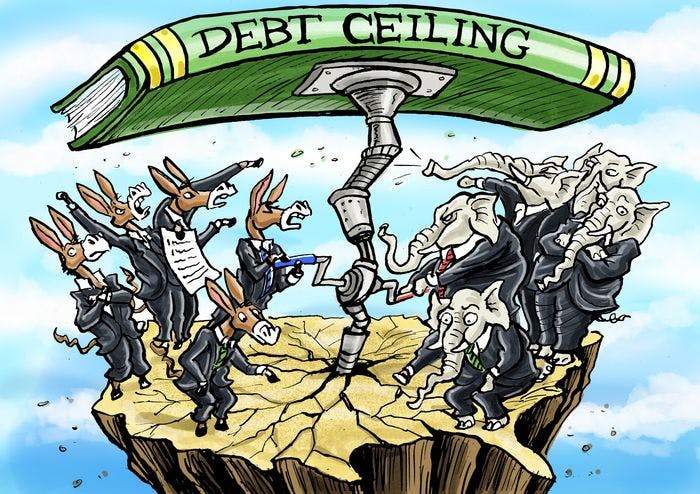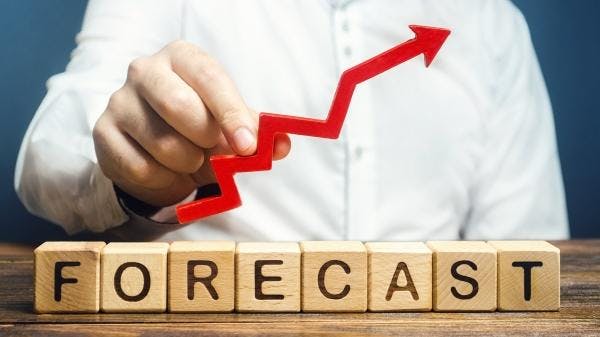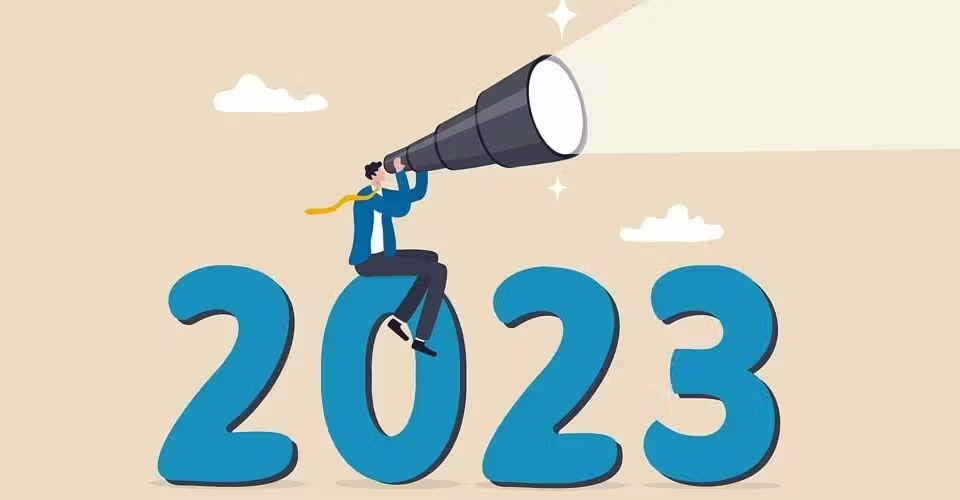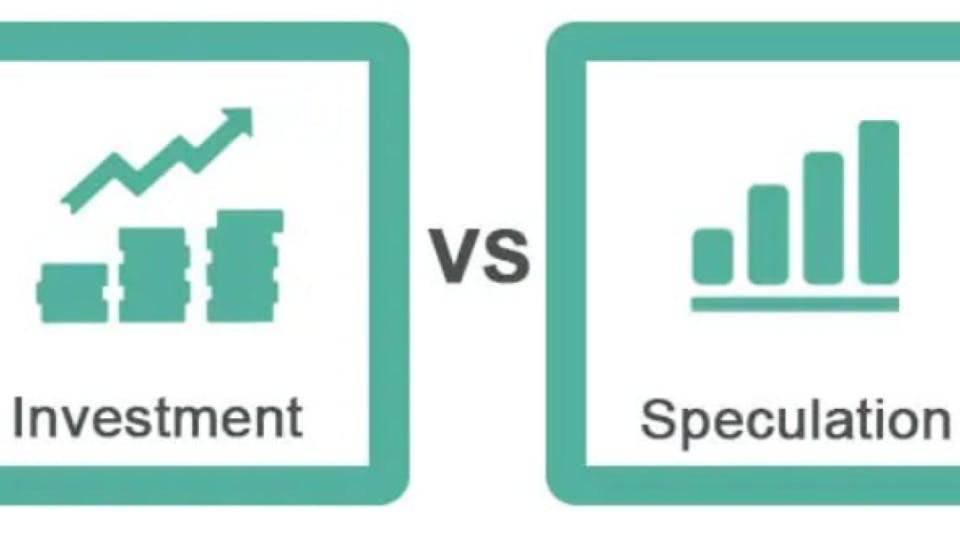Debt Ceiling, crisis or charade ?
Every few years we have this discussion about whether or not we are going to raise the debt ceiling. Let’s just be honest, the debt ceiling will be raised. Since 1960, it’s been raised 78 times (more than once a year). The chart below shows the times the debt ceiling has been raised since 1970....










